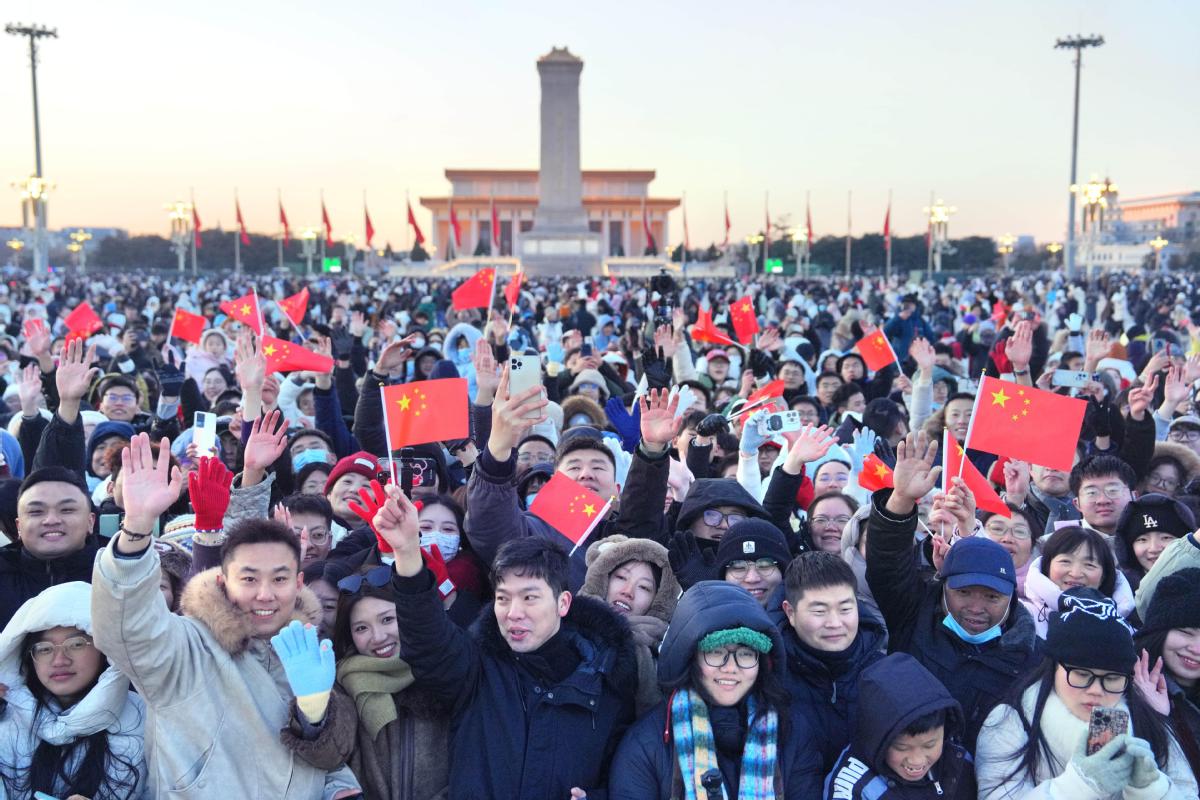In sensitive interviews, reporters need to tread lightly


As a journalist, I once thought that the more specifics I could get and show readers, the more readable a story would be. But I found that is not always the case after five days of interviews related to the 10th anniversary of the Wenchuan earthquake in Sichuan province.
When covering disaster-related stories, such as this quake from 2008, journalists need to be sensitive in their questioning of survivors and work up to the answers step by step, rather than causing pain by asking questions directly.
I read some quake-related reports before I arrived in Sichuan. Some of them, I think, had too much detail and seemed insensitive to the feelings of survivors. I also witnessed some journalists throw out questions about the quake at the beginning of their interviews - such as what the subjects did when the disaster happened and what they lost.
Such questions sometimes are a must and can enrich a report, but they can also make subjects reluctant to answer. They may even bring harm to the victims again by reopening old wounds.
In my opinion, a better way to get information without provoking renewed sorrow is to design the order of the questions. Enough is enough.
On Sunday, for example, I interviewed Li Hong, a survivor who lost her father in the quake and was sent to the Ankang Home in Chengdu, the provincial capital, where orphans were helped after the disaster.
I spent almost half an hour talking with a 22-year-old kindergarten teacher about topics she was interested in - what hobbies she likes and how she looks after children - to get close to her.
During the talk, I found her outgoing and willing to share her stories. Then, I tentatively asked her about the home. I wanted to know what she had suffered in the aftermath of the quake.
Smiling at me as she held hands with Cao Weiping, who had taken care of her until she left to become a vocational school student in 2013, Li told me the home had brought her a great sense of security. In the following moments, she choked up with emotion. I knew the questions reminded her of past days.
She added that she had been raised by her father, but he had since died.
Only at the end of the interview did I raise questions about what she was doing when the quake happened and how she got through the difficulties.
She provided me with some specifics and then smiled silently. I did not press my questions, as the silence may have been the best answer.
Interviewing skills are important for journalists, but sometimes it's better to stop rather than go too far.
- New Chinese study reveals Antarctic amplification mechanism
- China's railways see New Year holiday return passenger flow peak
- Another Nanjing massacre survivor dies
- Shandong apple pickers find new fame as influencers
- Ferry links mark 25-year travel milestone
- Cooperation can boost cross-Strait integration



































